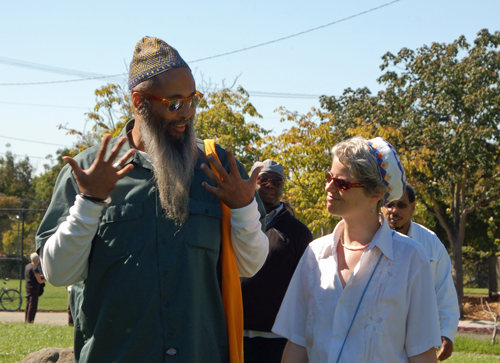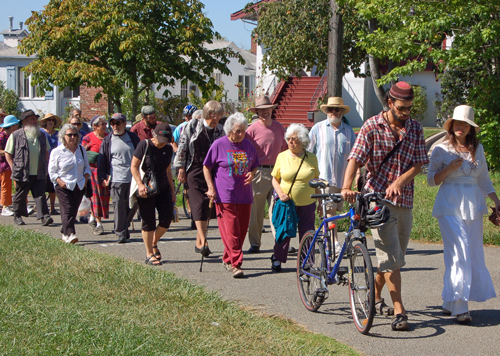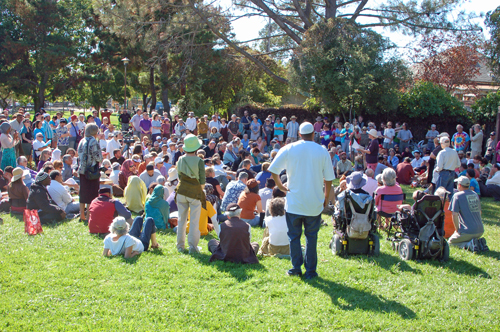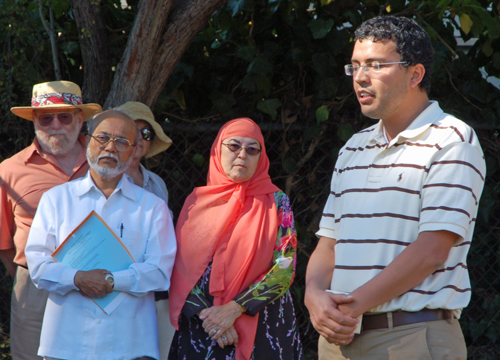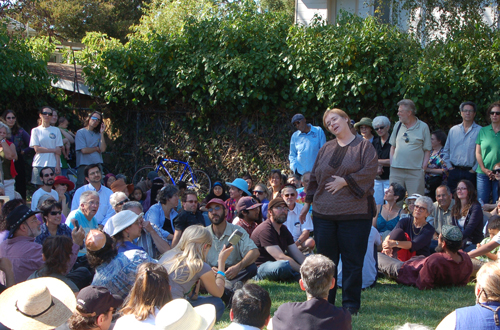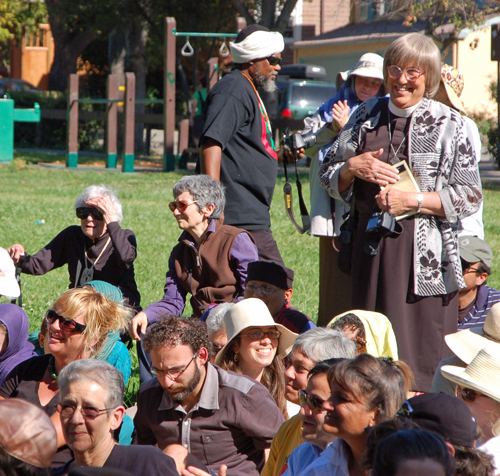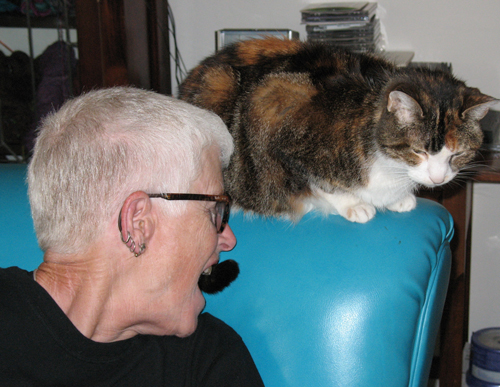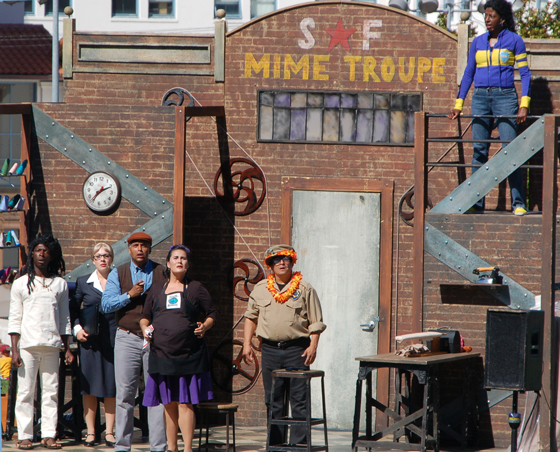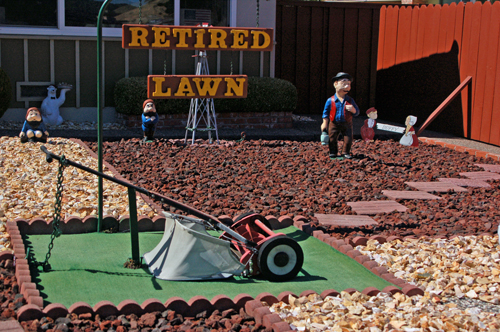
We are told Social Security benefits should be cut (or made less accessible by raising the retirement age) because the government might run up debt, in the far future, to pay them. Never mind that most of us paid taxes all our working lives to fund the program. And never mind that very rich people, the top 3 percent, got a bonanza under President George W from tax cuts that forced the government to run up debt.
The chart at right shows the consequences of allowing the Bush tax cuts for the rich -- not for anyone else -- expire next year. Neat huh? Better for everyone, unless you really think millionaires need a windfall. In this economy, it's hard to cry over asking them to pay a larger share toward the good of all.
Republicans have a hard time getting their minds around this simple equation. The conversation about the Bush tax cuts really points up the power of money in politics; rich people who pay for campaigns, of both parties, get a lot of say about what should be a very simple matter. It's not as if paying a larger share for the well-being of all is going to bankrupt the rich.
Democrats listen to the rich too -- though the rich fear they are less reliable. But on this, President Obama seems to be laying down a line this campaign season. When he does right, he needs a noisy swarm at his back (even though he often seems not to want those pesky enthusiasts making noise). The Bush tax cuts for the rich should die; Social Security, the country's most effective safety net program, must live.


